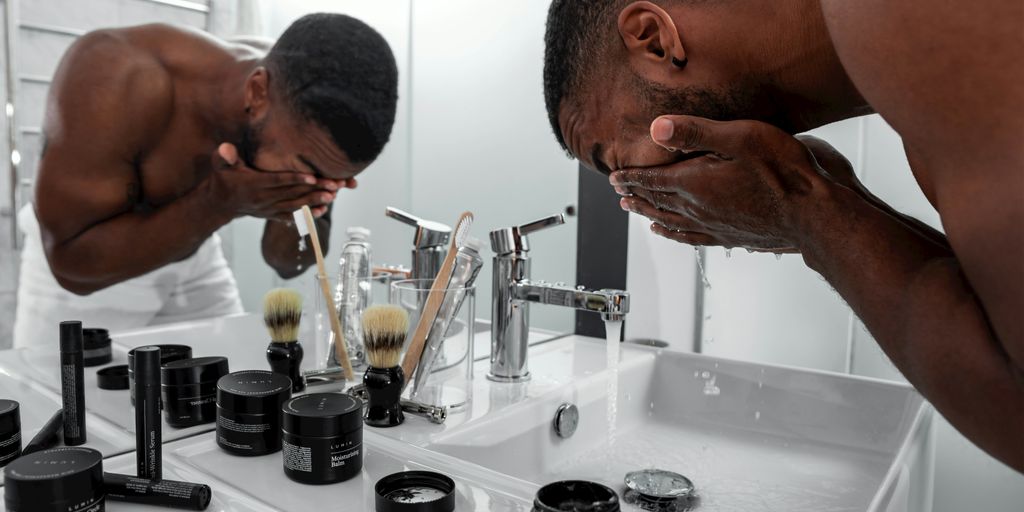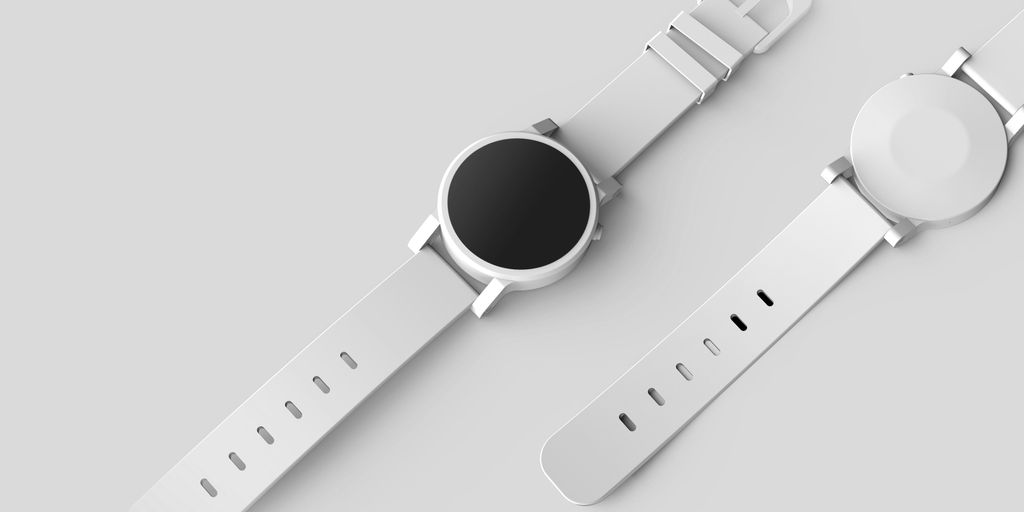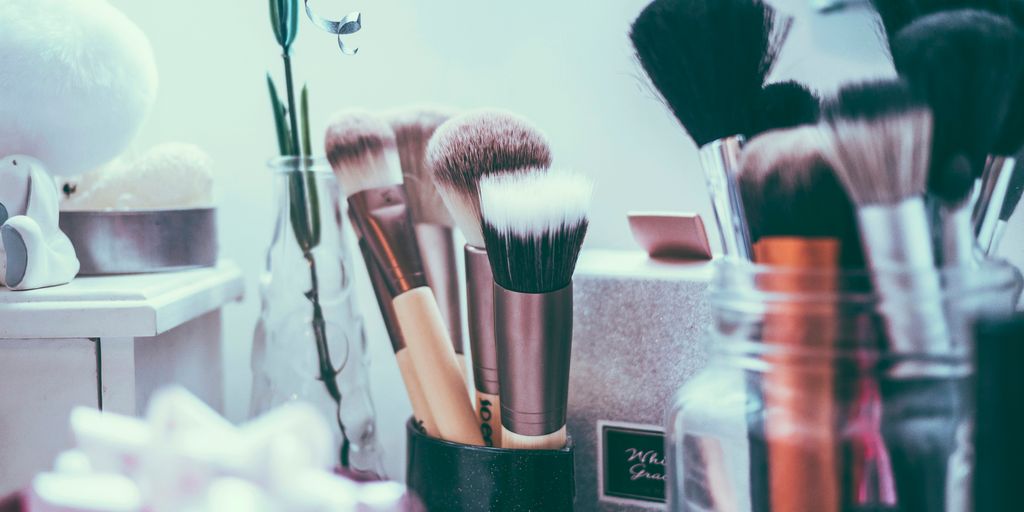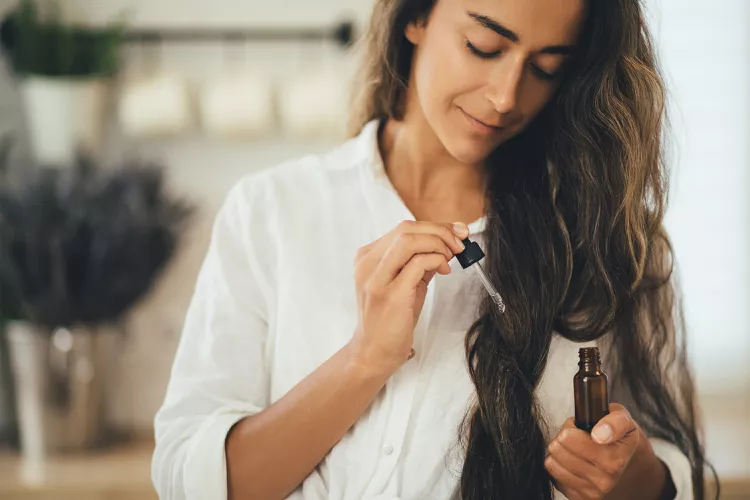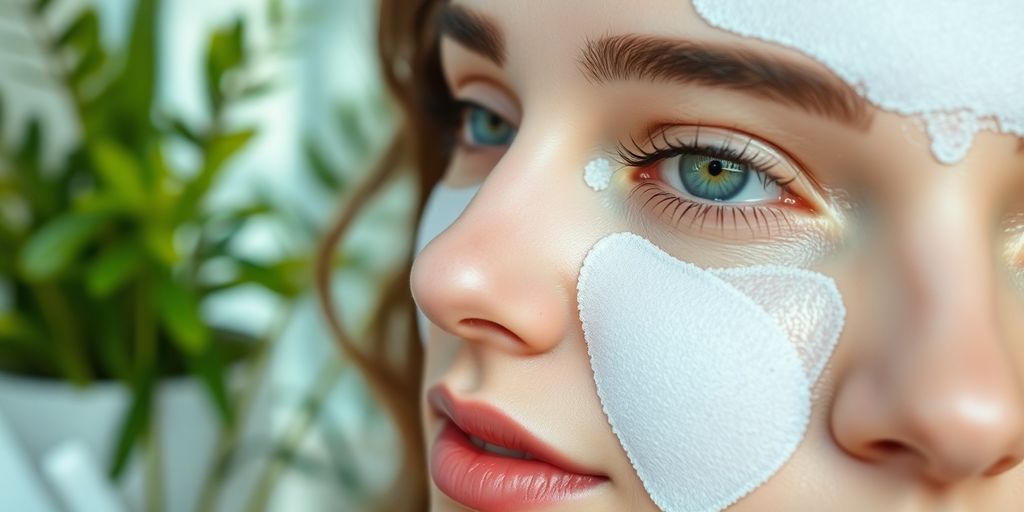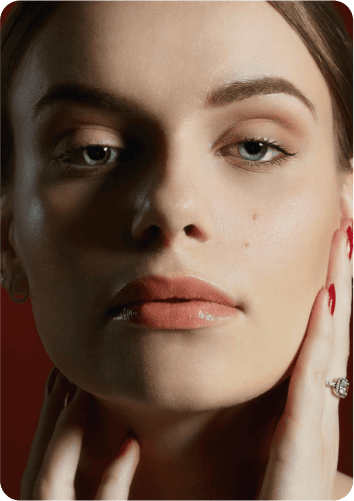Done with exposure to ammonia but still want natural copper hair? Well, you can now ditch the chemical-filled hair color dyes for a safer natural hair dye alternative.
Henna, aka natural copper hair dye, is one of the most popular options. It’s a natural, chemical-free, and ammonia-free way to dye your hair. If you’re looking for a vibrant, long-lasting natural copper hair dye without harmful side effects, henna is perfect for you.
In this article, we’ll talk about the benefits of using henna (natural copper hair dye) and walk you through a simple, step-by-step guide to dye your hair a beautiful copper color. Let’s explore the world of natural hair care together!
Why Choose Herbal Copper Henna for Hair Dye?
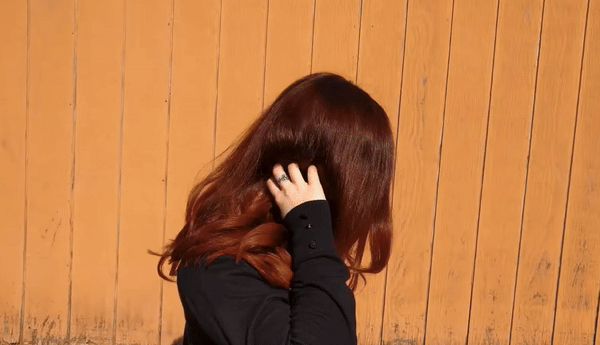
Have you ever wondered why henna has been a go-to choice for centuries? Let’s explore its rich history and why it’s better than chemical dyes. Historical Use and Cultural Significance Henna/Natural Copper Hair Dye.
Henna has been used for centuries in many cultures for its coloring and conditioning properties. Both women and men have been using it to not just cover greys but also to donne its beautiful natural copper color.
In Hindu and Muslim traditions, henna is used to adorn the hands and feet of brides and grooms. It symbolizes joy, prosperity, and good luck in various celebrations such as weddings, births, and festivals.
Here’s a comparison between natural copper color dye, henna, and chemical dyes to fill you up with why natural henna powder for hair dye is such a celebrated good idea worldwide.
Natural Copper Hair Dye Vs. Chemical Hair Dyes
Chemical dyes can be harmful. They often contain ammonia and other harsh chemicals that can damage your hair, leaving it dry and brittle. It can also irritate your skin and scalp, causing redness and itching. In some cases, long-term use of chemical dyes has been linked to more serious health issues, like allergic reactions and even an increased risk of certain cancers.
What about henna? Let’s find out.
What makes Henna a Better Natural Copper Hair Dye?

Henna comes from the Lawsonia inermis plant, found in the Middle East and South Asia. Its leaves have a pigment called Lawsone that gives henna its reddish-brown color. The leaves are picked, dried, and ground into a powder to make henna paste for dyeing hair and other uses.
So, that means:
- No Harmful Chemicals: Henna doesn’t contain ammonia, PPD, or parabens, which are common in synthetic dyes; and
- Less Risk: There’s a reduced risk of allergic reactions and scalp irritation with henna, making it suitable for those with sensitive skin.
This natural copper color dye pigment isn’t just good for coloring your hair; it comes with several health benefits.
Benefits of Natural Ingredients in Henna

Henna strengthens your hair with keratin. Studies have shown henna positively impacts the cuticula pattern and diameters of hair samples, indicating a beneficial effect on hair structure. It also naturally conditions your hair, adding shine and volume, leaving it feeling healthier. It’s simple, really. Choosing henna means choosing a sustainable, eco-friendly option that’s free of harmful chemicals.
You know that chemical dyes go into our sewers and pollute our rivers, soil, and the whole ecological system. It’s hard to get rid of! Using natural copper hair dye will support your eco-conscious way of living.
Step-by-Step Guide to Getting Perfect Copper Hair with Henna

Follow these steps to use natural henna powder for hair dyeing. This guide will help you prepare and apply herbal henna powder effectively, ensuring your copper brown henna hair dye turns out exactly as you’ve always wanted.
Step 1: Gather Your Supplies
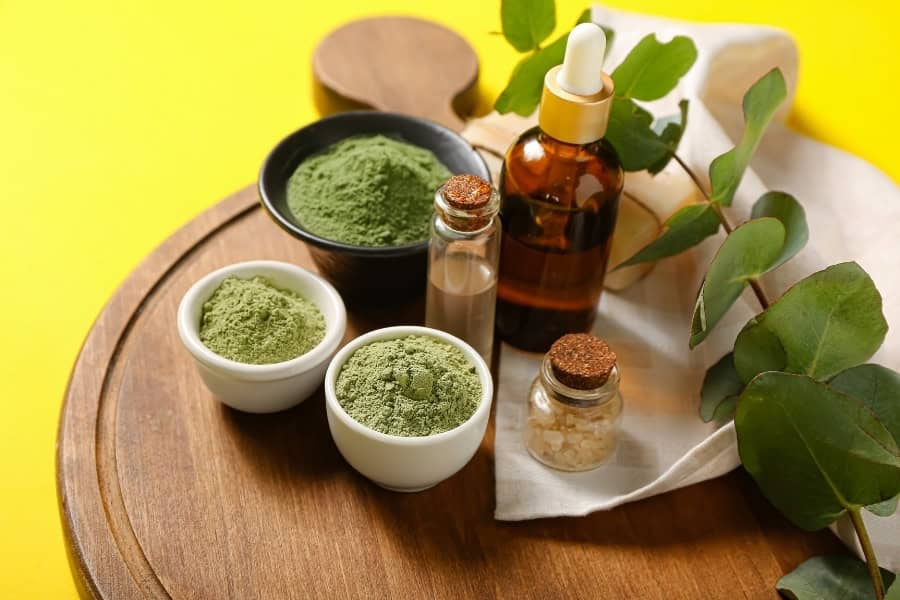
You’ll need:
- Pure henna powder (make sure it’s 100% natural)
- Lemon juice or apple cider vinegar
- Water
- Essential oils (optional)
- Gloves
- Plastic wrap or shower cap
- Old towels and clothes
Step 2: Prepare the Henna Paste

- Sift the Henna: Remove any lumps from the henna powder for a smooth paste.
- Mix the Paste: Combine henna with lemon juice or apple cider vinegar to help release the dye.
- Add Water: Gradually add water until you reach a consistency similar to yogurt.
- Optional: Add a few drops of essential oils for additional benefits and a pleasant scent.
Step 3. Let the Paste Rest

Cover the mixture and let it sit for dye release. This usually takes 6–8 hours or overnight.
Step 4: Apply An Even Coat On Your Hair

Wash your hair with a mild shampoo to remove any oil and dirt. Let it dry until it’s damp. For even application, divide your hair into manageable sections. Using gloves, apply the henna paste from the roots to the tips. Make sure each strand is thoroughly coated. Use plastic wrap or a shower cap to keep the paste moist and to prevent it from drying out.
Step 5: Rinse The Hair

Leave the henna on for at least 4–6 hours. For a deeper color, you can leave it on for up to 8 hours. During this time, you can finish all the house chores or binge-watch on Netflix while the natural copper hair dye does its job. Then, wash it off. Rinse your hair thoroughly with lukewarm water until the water runs clear. Avoid using shampoo for the first 24-48 hours to allow the color to set fully.
Keep in mind: Remember to wear a head cap and not use your fancy pillow covers when you go for a good night’s sleep. Henna usually leaves its natural copper color stains on clothes unless shampooed.
Enjoy Your Copper Locks
You’ll notice the initial color immediately, but it will deepen over the next few days as it oxidizes. Hence, no shampooing! Use sulfate-free shampoos and conditioners to help maintain the vibrancy of your new copper hair.
We have gathered a few more extra tips to help your natural copper-colored hair last longer. Check these out, and thank us later!
Extra Tips for Enhancing Your Henna Experience

Want to make the most of your henna treatment? Enhance your henna hair dye experience with expert tips. Learn how to mix herbal infusions into your henna hair dye and take care of your scalp to make the most of your natural hair dye journey.
1. Mix the paste with herbal boosters
Add a tablespoon of olive oil or fenugreek seed powder to the herbal henna powder paste for extra moisture and shine. You can also mix in a bit of amla powder to enhance the color and promote hair growth.
2. Take care of the dry scalp
After rinsing out the henna, gently massage your scalp with coconut oil to further condition your hair and soothe your scalp.
Still on the fence? Here are some more findings to help you switch to copper henna hair dye for good.
Scientific Insights and Research Behind Henna Hair Dye
Let’s dive into some scientific insights to understand how henna works and its effects on hair.
Antimicrobial and Antifungal Properties: Henna has antimicrobial and antifungal properties, which help reduce dandruff, soothe irritated scalps, and promote overall scalp health. This adds medicinal benefits to its cosmetic use.
Safety and Hypoallergenic Nature: Pure henna is generally safe and hypoallergenic, making it suitable for people with sensitive skin or allergies to synthetic dyes. It’s important to use pure henna and avoid products with harmful additives like “black henna.”
How To Handle Natural Copper Hair Dye

Henna can also leave hair feeling dry if not applied correctly and may not work well on lighter hair colors. Incorrect application can damage hair, leading to dryness, breakage, and other issues.
Adding moisturizers like honey, coconut oil, or aloe vera to henna dye can help combat dryness and improve hair health. While allergic reactions to henna are rare, they can occur and are often mild. However, severe reactions involving black henna can be dangerous and even life-threatening.
Patch Test: Always do a patch test before applying henna to your hair, scalp, or skin to check for any allergic reactions. Avoid black henna at all costs, as it contains paraphenylenediamine (PPD), which can cause chemical burns and severe allergic reactions.
Try Out Natural Copper Hair Dye Today!
Henna nourishes your hair while coloring it. Choosing henna for hair dyeing means opting for a natural, safe, and nourishing way to care for your hair. With henna, you avoid harmful chemicals found in traditional dyes, making it healthier for your scalp and hair. Whether you’re seeking natural copper hair dye for women or men, henna offers vibrant, long-lasting results without compromising hair health.
We hope this guide has inspired you to explore the benefits of herbal henna powder for hair dyeing. Embrace natural beauty and enjoy healthier, more vibrant hair with henna!
Ready to make the switch? Check out the beauty and personal care products for more sustainable options. Enjoy the journey to healthier, more beautiful hair!

